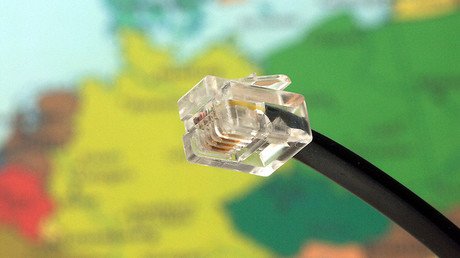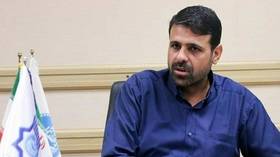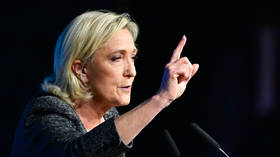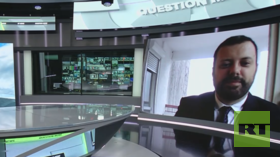Russia will launch ‘alternative internet’ only in worst-case scenario – Foreign Ministry
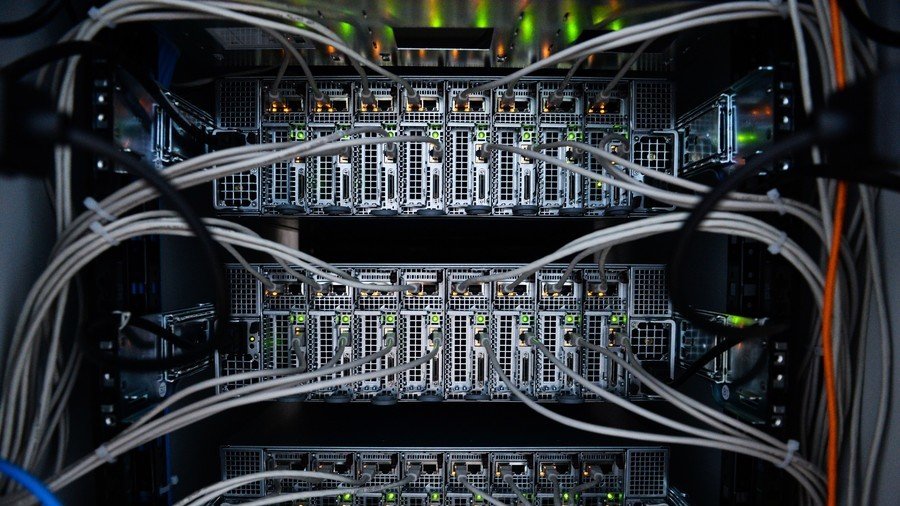
A senior Russian diplomat has told reporters that the country has everything to launch its own independent internet, but added that this would be done only if things go completely sour due to the efforts of “Western partners”.
“There are technical, financial, intellectual and all the rest necessary resources for this, but I don’t think that anyone really wants this,” the head of the Russian Foreign Ministry’s Department for New Challenges and Threats, Ilya Rogachev, said in comments with TASS.
“The primary thing that could lead to such outcome is the policy of our Western partners, in particular the imposing of double standards. If they continue to impose double standards then we can start talking about creating a parallel internet in Russia, as a sort of a worst-case scenario,” the diplomat added.
In November 2017 the top Russian advisory body – the Security Council - asked the country’s government to develop an independent internet infrastructure for BRICS bloc (Brazil, Russia, India, China and South Africa), which would continue to work in the event of global internet malfunctions. According to Russian mass media, President Vladimir Putin personally set a deadline of August 1, 2018 for the completion of the task.
One of the council members described the main reason behind the project as “the increased capabilities of Western nations to conduct offensive operations in the informational space as well as the increased readiness to exercise these capabilities pose a serious threat to Russia’s security.”
In March, the then-presidential aide on the internet issues, German Klimenko, told the press that Russia was ready to run its own isolated internet in case the Western sanctions lead to isolating the country from the world wide web. However, the official noted that the shutdown would not be painless.
The Russian segment of the internet, intended especially for civil servants, is already working, Klimenko noted. He also reminded people that Russia, like China and the United States, has its own search engines, social networks and advertising.
“The internet is being regulated in all countries and Russia is no exception. However, extreme options like North Korean or Cuba are not our choice,” he said.
Like this story? Share it with a friend!
